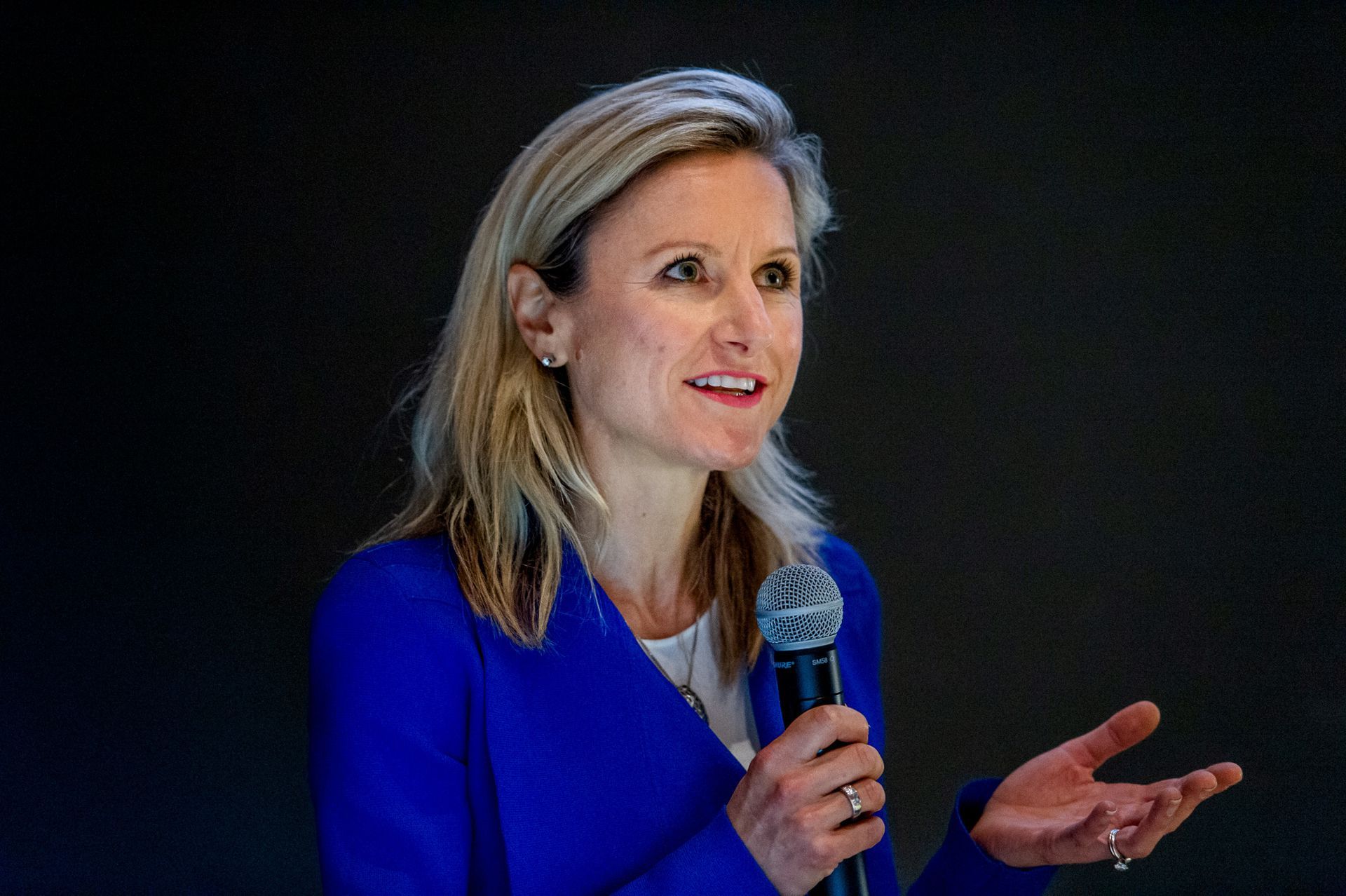Adapting Your Skillset for the Digital Revolution
Adapting Your Skillset for the Digital Revolution
Posted on July 21, 2017
Like all industries, retail is being transformed by new technology and solutions. Retail as an industry will undoubtedly continue to change and transform over the next few years, likely at a faster rate that we have seen previously. However, this will open up many new opportunities for retail professionals who have made the effort to adapt to the market and equip themselves with the right skills to succeed in these changing times. So, what are those skills, and why are they important?
Getting on With Technology
Technology is the driving force behind change in every industry, not just retail. With digital revolutionising the way our workplaces are put together, being able to work with these new tools will be critical to progressing your retail career in the future. New technological developments like augmented reality and virtual reality are set to change the way that customers shop, and retail professionals need to be cognisant of this, adapting to how the shopping experience is being changed. With self-operated checkouts already becoming more and more common, the fear of being replaced by machines isn’t completely misplaced – just look at Amazon’s recently unveiled Amazon Go store. However, there is more chance of staying relevant if you embrace technology rather than being fearful of it. Examples of this could be merchandising teams using AR and VR to visualise store layouts before putting them into practice (after all they’ve been doing it with product design for some time), or at a higher level, Store Managers can make use of “big data” and business intelligence tools to help them better understand customer behaviours.
Staying on Trend
Speaking of behaviours, having a comprehensive understanding of consumer behaviour is going to become even more crucial. While technology can certainly make a lot of things easier, and algorithms can make great recommendations based on data, we still need people to make sense of the data and help to write these algorithms. Tools like social media will enable you to get ahead of changes in the market, whilst Business Intelligence tools can help you gain a better understanding of consumer behaviours and buying patterns – so make use of these resources if they are available! Being able to do this will enable you to create more exciting and relevant experiences for the customer – especially if you’re in a Buyer or Category Manager role.
Experience Focused
With online retail now making up nearly 4% of the industry’s total turnover and climbing, consumers expect their online experience to be replicated when the walk into a store. This means that thinking about how stores are set up so they mirror the online offering, and vice versa, is essential to ensure the customer has a consistent, logical, seamless experience that is strongly associated with the brand. With companies now focused on ensuring that their bricks-and-mortar presence is completely aligned with the way they market themselves online, retail professionals need to ensure this is carried through instore. This is more than laying out the store in a certain way; instead it comes back to reflecting overall brand identity, which now includes websites, apps, online stores, advertisements and newsletters. If you’re in a Visual Merchandising or Space Planning role, keeping these elements in mind will show that you have a greater understanding and help to elevate your work. As the emphasis moves towards giving customers the power to shop how they want to shop, having the ability to execute or drive initiatives that put this into practice is going to be a core skill – especially for those in management positions.
Core Skills Remain
Although adapting to the times is going to be important, the core skills that you need as a retail professional will remain. No matter what the context is, having a successful retail career will always require you to have strong communication skills, a high level of business acumen, and great customer service skills. Customers now have more avenues to give feedback than ever, so take advantage of this to work on areas where you might need to develop. Measure results where you can to see where you can hone your skills, and take customer comments onboard where possible (for example, by looking at mystery shopping surveys or net promoter scores), using their feedback to adjust your approach. With the importance of these basic skills likely to increase as our society becomes more digital, and doing what you can to improve them will help you to stand out.
Summary
While new technology will come (and go, and come again!), some things never change. The retail sector will always need great people to continue driving the industry forward, and if you can adapt your skillset to the changing environment, then you can make yourself indispensable. If you are interested to talk further on this topic (i.e. ‘staying relevant), or other, please reach out to us today.
Share this article











